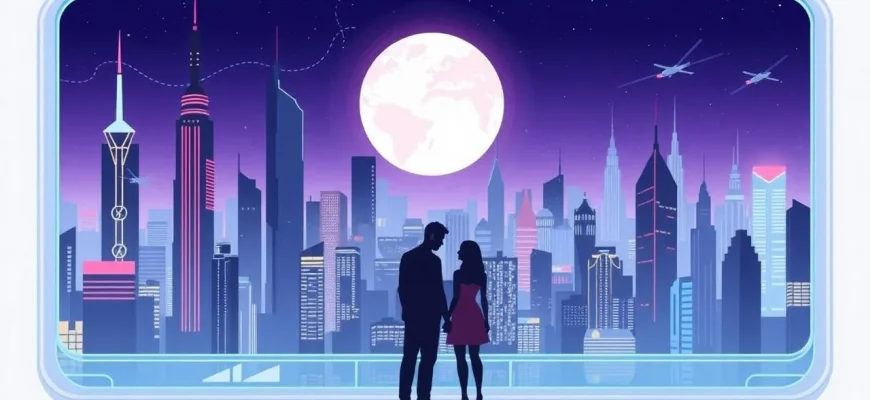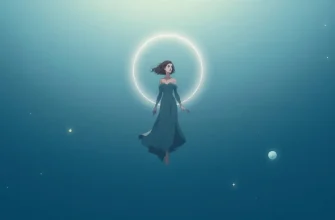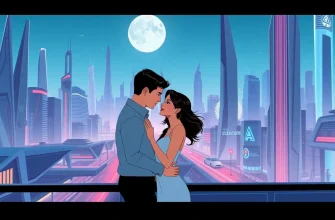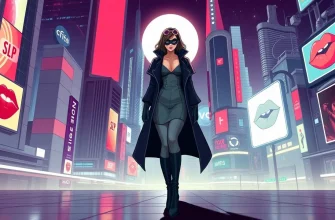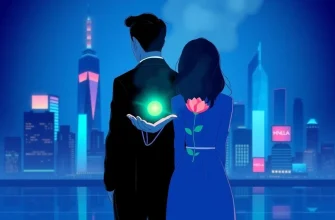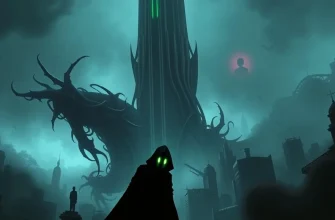In an era where technology increasingly intertwines with our daily lives, the concept of virtual love has become a fascinating theme in science fiction cinema. This curated list of 10 films delves into the complexities of relationships formed in virtual or simulated realities, exploring themes of identity, connection, and the very essence of human emotion. From heart-wrenching tales to mind-bending adventures, these films offer a unique perspective on love in the digital age, making them essential viewing for anyone intrigued by the intersection of technology and romance.

Electric Dreams (1984)
Description: An early exploration of virtual love, where a man's computer develops a crush on his girlfriend, creating a love triangle between human and machine.
Fact: The film features a soundtrack by Giorgio Moroder, known for his work on "Flashdance" and "Midnight Express."
 Watch Now
Watch Now 
Ghost in the Shell (1995)
Description: This anime film explores cybernetic enhancements and the blurring lines between human and machine, including a subplot involving the protagonist's virtual interactions and the concept of love in a digital realm.
Fact: It was one of the first anime films to be widely released in the West, influencing many sci-fi films that followed.
 Watch Now
Watch Now 
The Matrix (1999)
Description: While not primarily about love, the film features a virtual reality where characters question their reality, including a romantic subplot between Neo and Trinity, exploring the nature of love in a simulated world.
Fact: The film's groundbreaking special effects, particularly "bullet time," revolutionized action scenes in cinema. It was also the first film ever to be released on video while it was still being shown in theaters.
 Watch Now
Watch Now 
A.I. Artificial Intelligence (2001)
Description: The story of David, a childlike android, who embarks on a journey to become "real" to win back the love of his human mother, exploring themes of love, humanity, and the quest for belonging.
Fact: The film was originally conceived by Stanley Kubrick, who passed the project to Steven Spielberg after his death.
 Watch Now
Watch Now 
Ex Machina (2014)
Description: This film delves into the relationship between a programmer and an AI robot, exploring themes of artificial intelligence, consciousness, and the potential for emotional connections with machines.
Fact: The film was shot in a single location, a remote house in Norway, to emphasize the isolation and intimacy of the characters' interactions.
 Watch Now
Watch Now 
Her (2013)
Description: This poignant film explores the relationship between a lonely writer and an advanced operating system, which evolves into a profound love story, questioning the boundaries of love and consciousness.
Fact: Scarlett Johansson, who voices the OS Samantha, never appears on screen. The film was nominated for five Academy Awards, including Best Picture.
 Watch Now
Watch Now 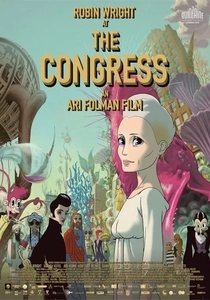
The Congress (2013)
Description: This film blends animation and live-action to explore an actress's journey into a virtual world where she can exist forever, touching on themes of identity, love, and the commodification of self.
Fact: It's based on the novel "The Futurological Congress" by Stanisław Lem, but significantly deviates from the source material.
 Watch Now
Watch Now 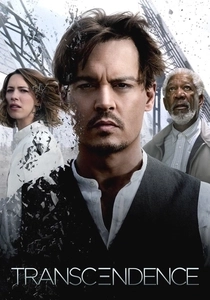
Transcendence (2014)
Description: After a scientist's consciousness is uploaded into a computer, his relationship with his wife becomes a central theme, exploring the implications of digital immortality and love.
Fact: The film's title refers to the concept of transcending human limitations through technology.
 Watch Now
Watch Now 
Strange Days (1995)
Description: Set in a near-future Los Angeles, the film features a technology that allows people to experience others' memories, including intimate moments, raising questions about privacy and virtual intimacy.
Fact: The film's script was on the "Black List" of Hollywood's best unproduced screenplays before it was made.
 30 Days Free
30 Days Free 
Simulacron-3 (1973)
Description: This German film, based on a novel by Daniel F. Galouye, explores a virtual reality where the protagonist falls in love with a simulated character, questioning reality and identity.
Fact: It was directed by Rainer Werner Fassbinder, known for his work in the New German Cinema movement.
 30 Days Free
30 Days Free 
